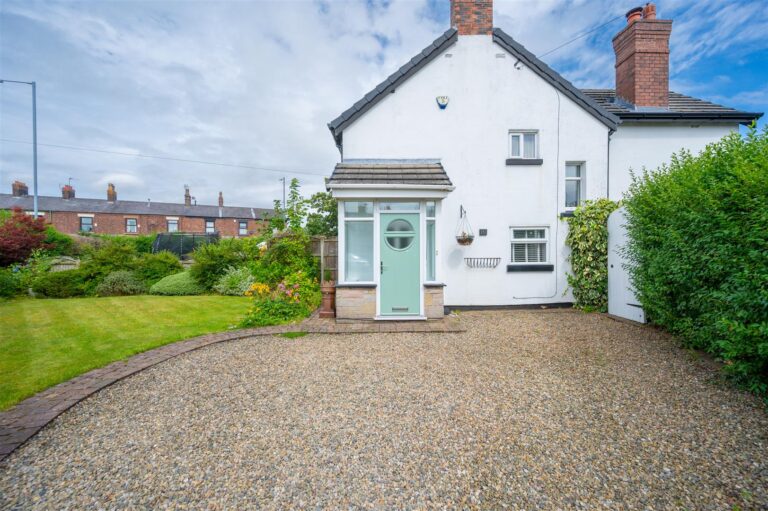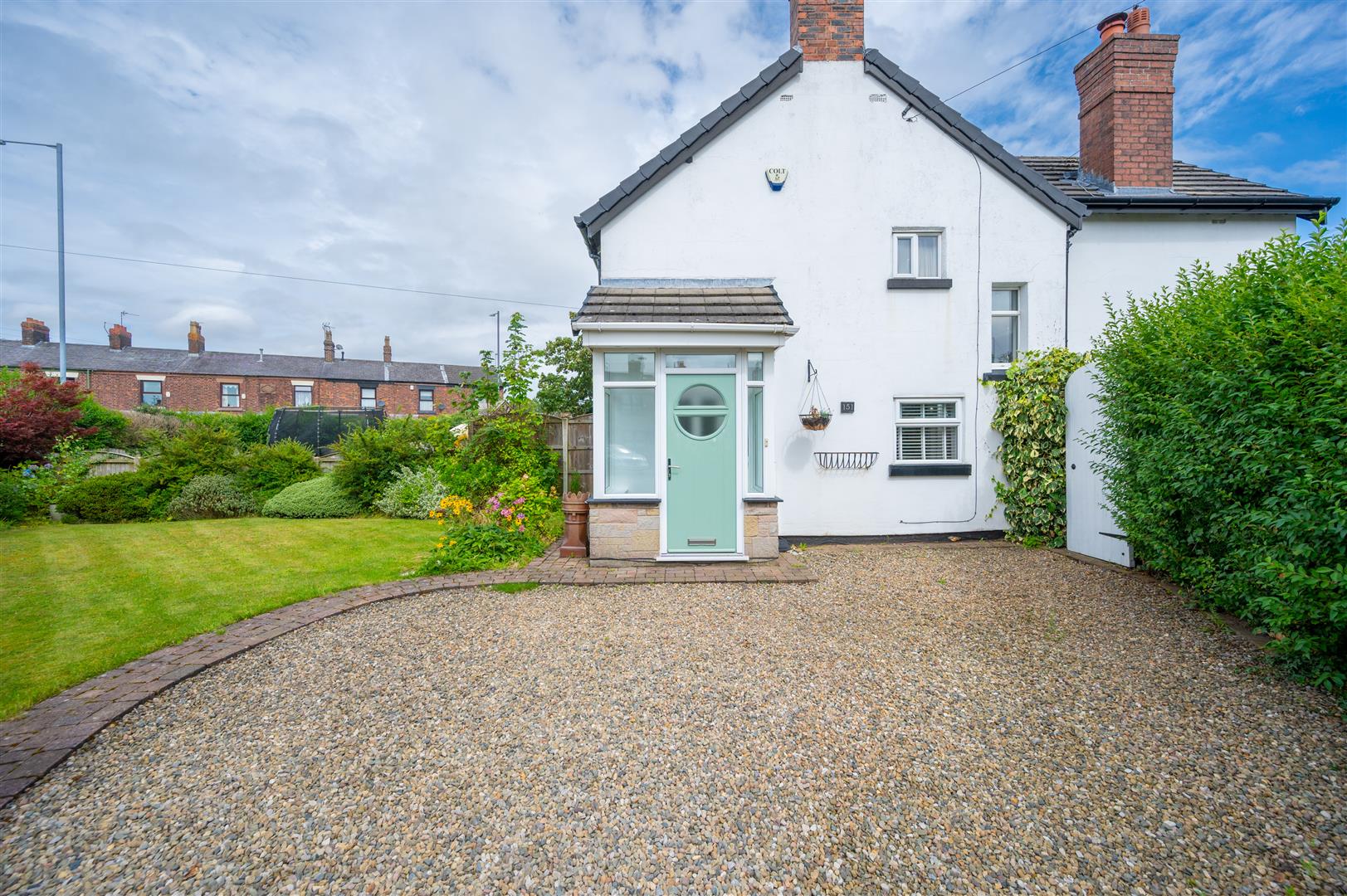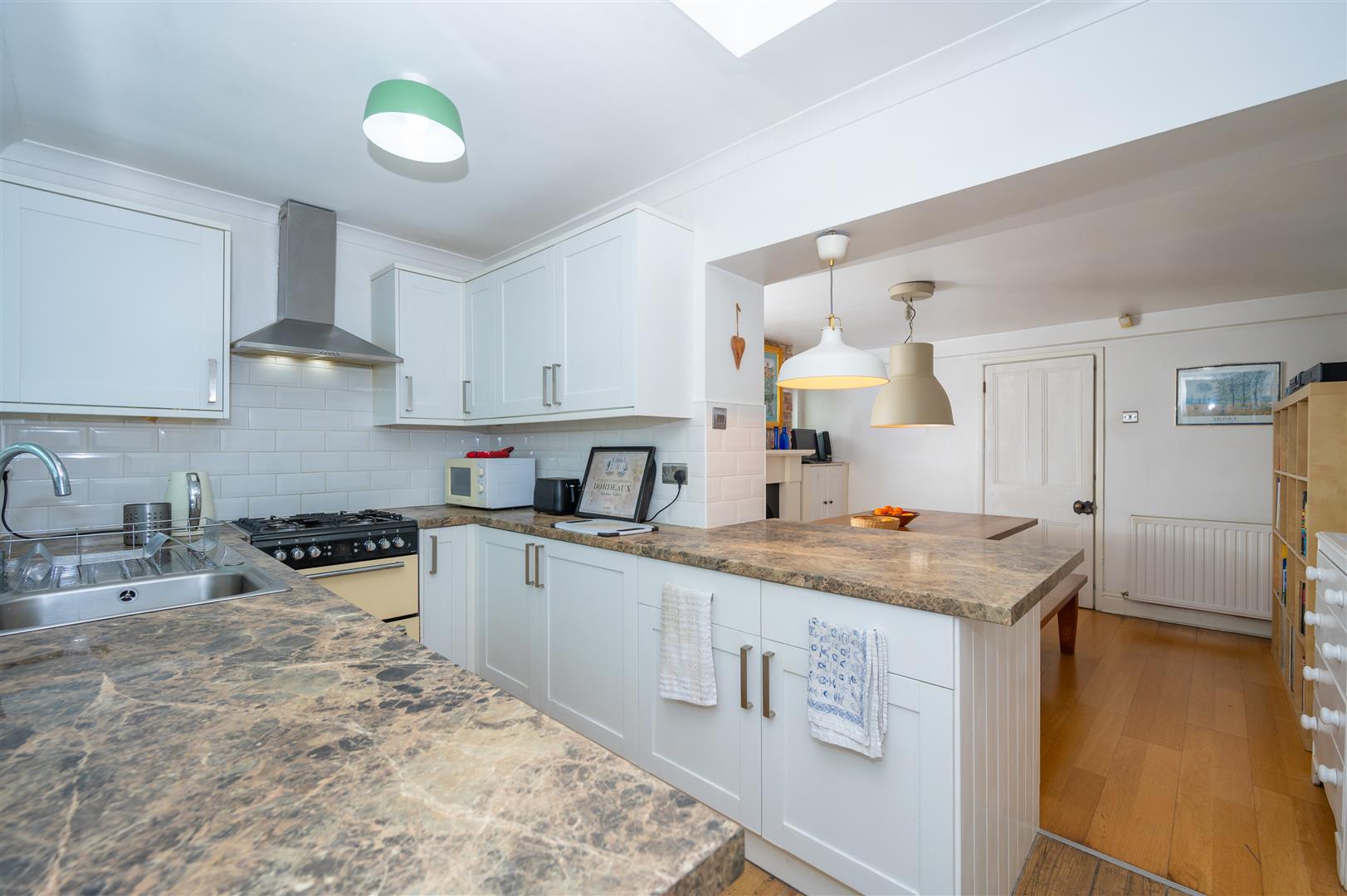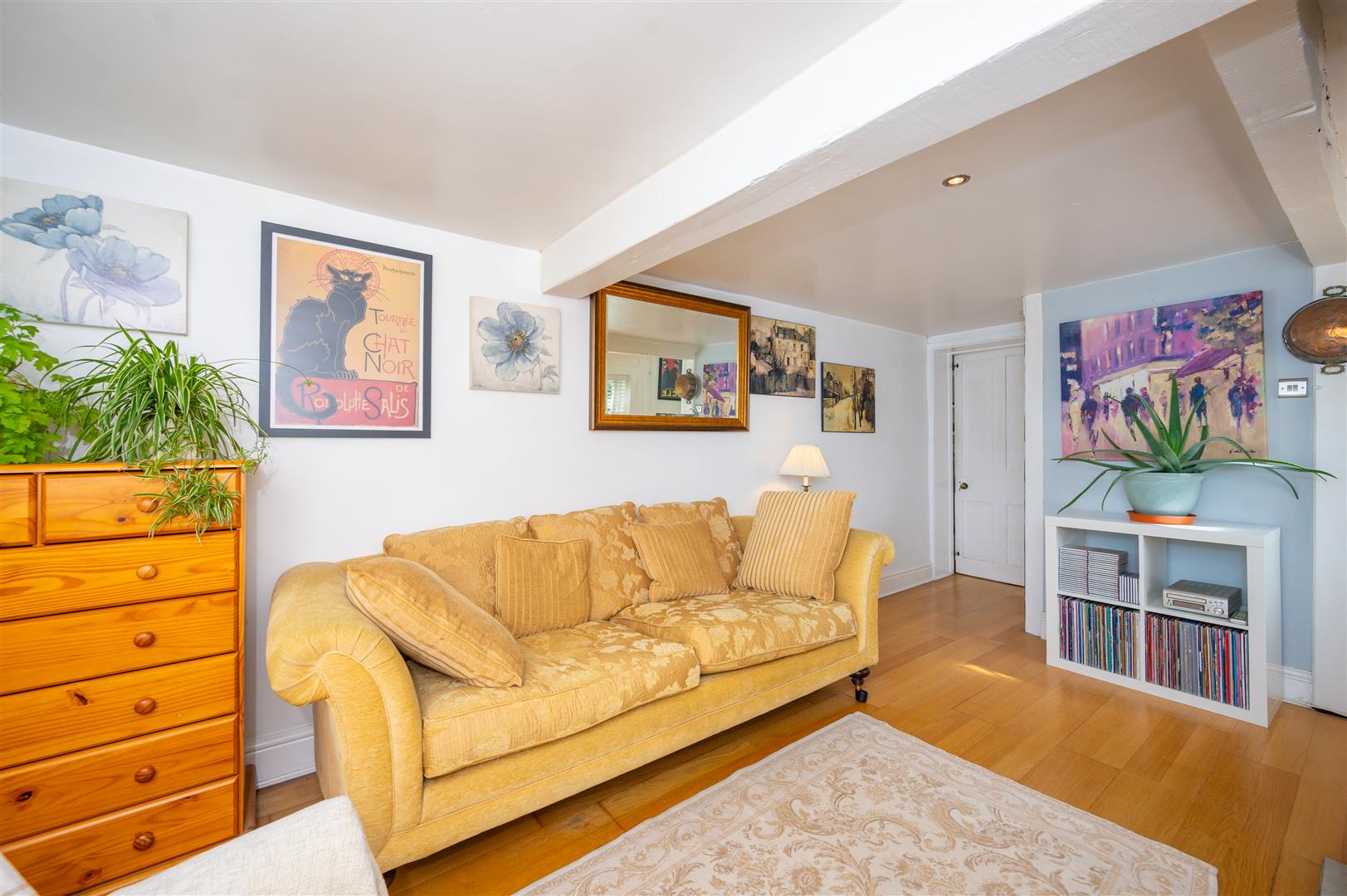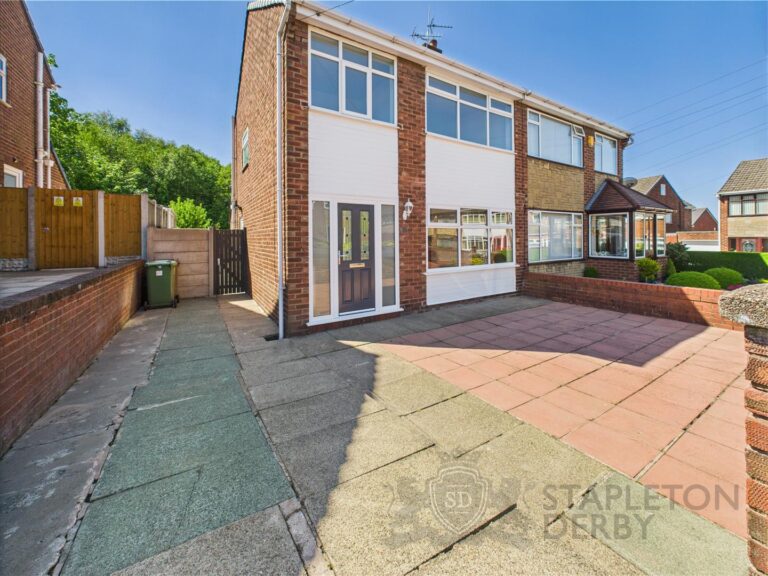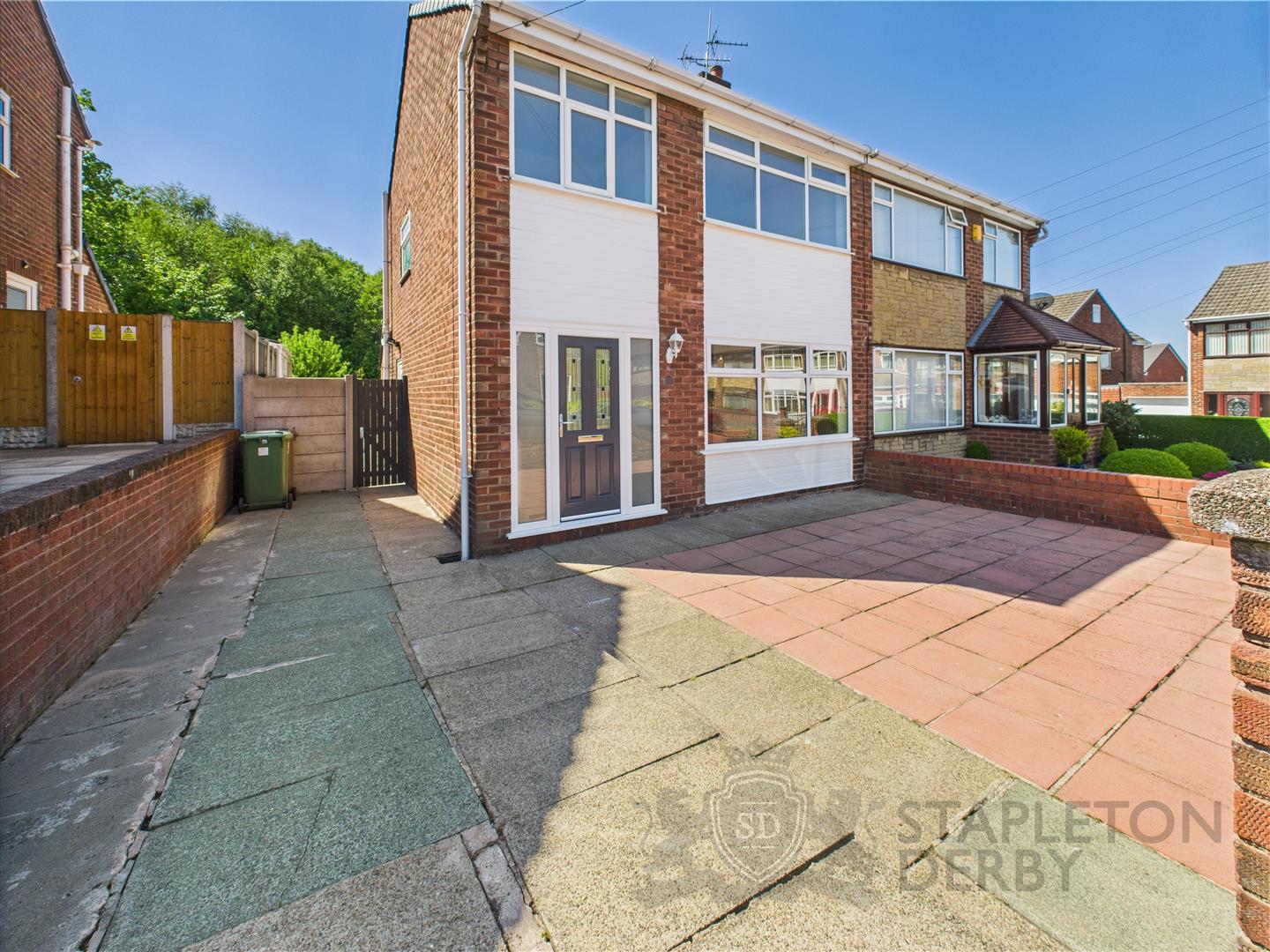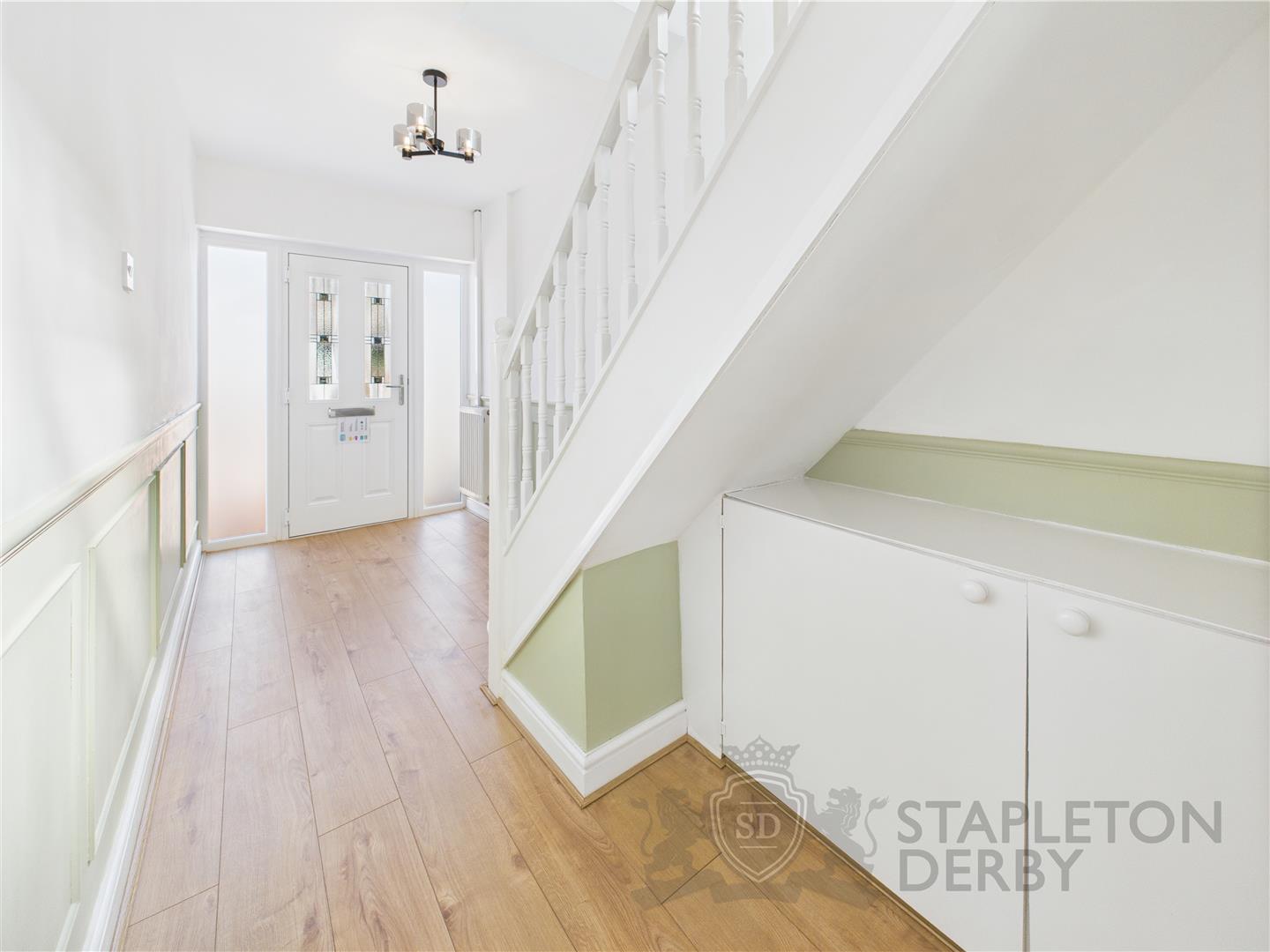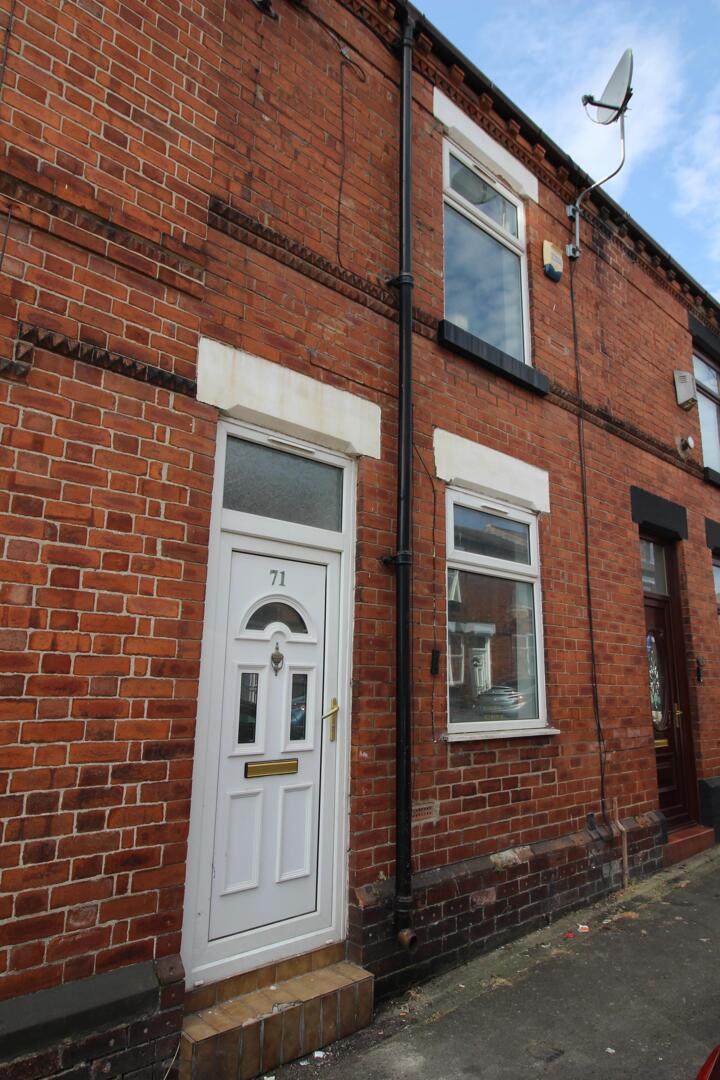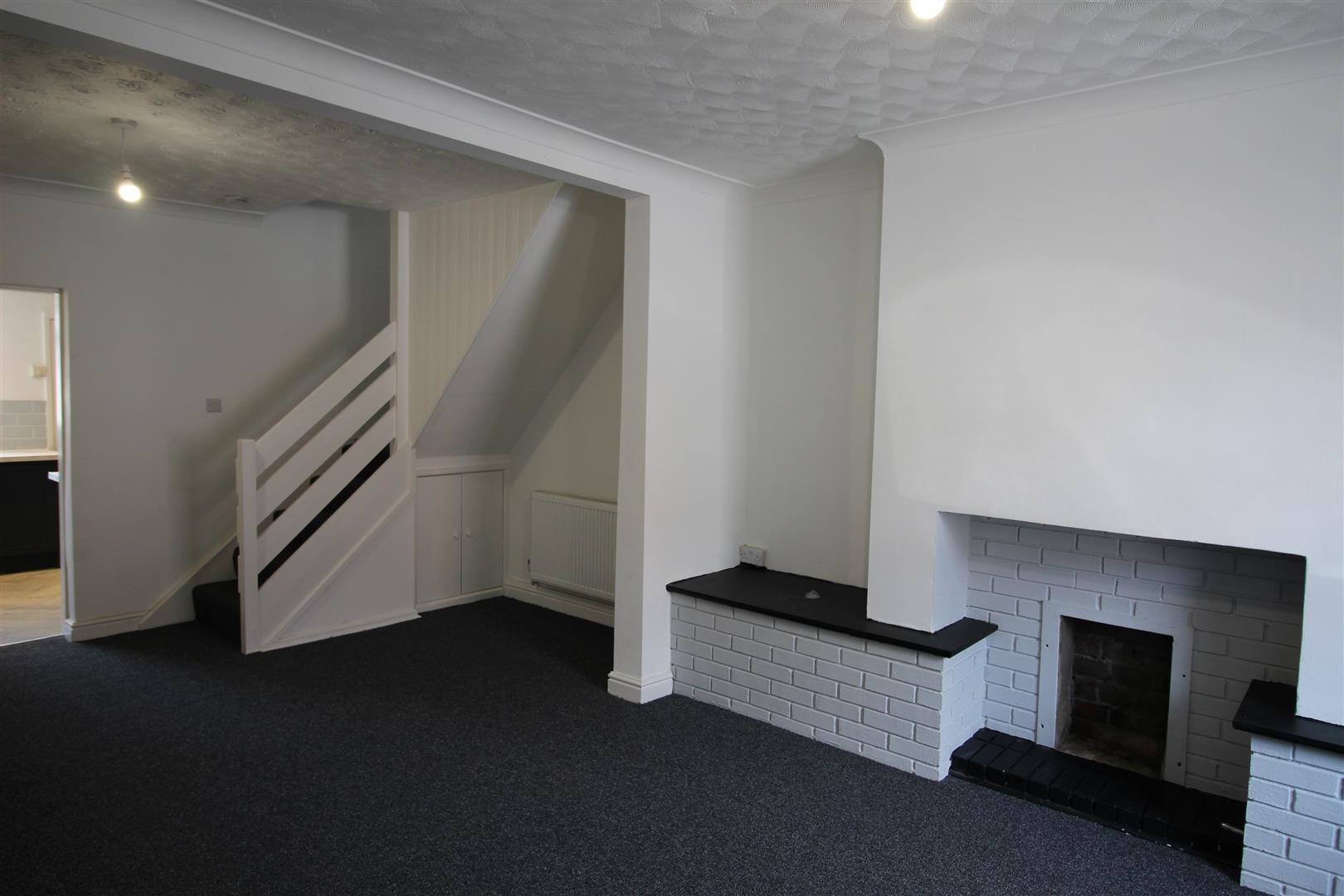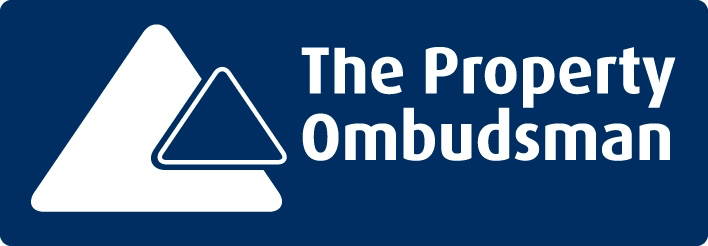Buying your first home; exciting, terrifying, confusing and stressful. It’s a new adventure where the sadness and nostalgia of leaving your childhood house behind pales only in comparison to the happiness of buying your first home. We’ve compiled 10 tips for buying your first property in St Helens and surrounding areas to help you navigate your way successfully around the common pitfalls.
1. Find out how much you can borrow
It’s fun and exciting scrolling through property listings, imagining what might be. It’s important not to overstretch yourself financially when buying your first home. Every lender has slightly different criteria and the amount you can borrow is very much dependent on your personal circumstances. If, for example, you have a poor credit history or you are self-employed, some lenders may be less inclined to consider your application or, at least, not at the same level. Mortgage lenders are most concerned the affordability of your loan application. You will need to disclose your household income and outgoings, demonstrating the affordability of the loan repayments. Our mortgage advisor can help you to work out how much you can realistically afford to borrow, based on your salary and savings.
2. Research the market
The property market ebbs and flows organically. In certain areas of the UK such as London and the South East, many feel that property is overvalued, meaning it can be very expensive to buy your home. In some areas of North West England, many investors feel property is undervalued and therefore more affordable. Local areas often have their own markets that mimic the same pattern.
Understand your criteria for your property search and balance these against the areas in which you can afford a property like this.
Visiting different estate agents and properties will give you an idea of how much a particular types of property are worth in each area of St Helens. An overall understanding of the local property market will enable you to make informed compromises should you find an ideal property outside your ideal area.
3. Find a the right mortgage
When comparing mortgages, bear in mind that certain lenders, such as Lloyds TSB, offer specialist mortgages designed to help cash-strapped first-time buyers (FTBs), while some mainstream mortgage deals are available to people with deposits of just 5%.
Specialist FTB deals – which generally involve a friend or relative investing savings into an account linked to the mortgage – include Lloyds TSB’s Lend a Hand, Woolwich Family Springboard and Yorkshire Building Society’s Offset Plus.
There are thousands of mortgage lenders in the UK, granting billions of property finance every year. Which, though, is right for you? An independent mortgage advisor is best placed to search the entire market for you however first consider the type of mortgage you’d like to explore. Mortgages fall in to two major categories: repayment and interest only. Repayment mortgages require you to repay the capital borrowed in addition to any interest monthly whereas interest-only mortgages require no capital repayment. You may borrow against your home with a mortgage over 25-35 years commonly however mortgage deals and preferential rates tend to last 2-5 years. At the end of the deal period you will look to remortgage either with the same lender or approaching the market again. Your monthly cost of an interest-only mortgage may be cheaper than a repayment mortgage however the interest rate is often higher and you will be no closer to owning your home out-right.
Some first time buyers consider an interest only mortgage to begin with whilst they settle in to home-ownership, enjoying the lower monthly outgoing. Later, they look for a repayment deal that builds the value of their share in their property over the mortgage term. When deciding which type of mortgage to choose, remember that should the property market decline in value due to major economic events for example, in the value of your property declines you could be faced with a negative equity situation where you owe more than the property is worth. In this case it may be difficult to secure another mortgage deal. A repayment mortgage goes some way towards protecting against this because the amount owed is being reduced every monthly albeit marginally.
4. Check out government schemes
The Government is keen to encourage more people to buy new homes and offers support through the Help to Buy scheme. This scheme requires you to have a deposit of only 5% of the purchase price which is then bolstered by a low interest loan of 20% from the Government, giving you access to preferential mortgage rates due to the higher deposit. Furthermore, if you repay the Help to Buy loan within 5 years, no interest is charged. The Help to Buy scheme is no, however, available for all properties and tends only to cover new-build homes. An Independent Mortgage Broker will be able to advise you as to whether you qualify.
5. Save a deposit
Many mortgage lenders require a deposit of at least 10%, giving preferential interest rates to those borrowing less than 80% of the property price. Raising as large a deposit as possible can therefore enable you to secure a cheaper mortgage deal and benefit from lower monthly repayments. It can sometimes make sense to delay your purchase to accrue a larger deposit. Small changes to your lifestyle can yield significant results when saving, for example packed rather than purchased lunches can save a working couple up to £300 per month. Saving your deposit within your tax-free ISA allowance could mean that your deposit pot grows without the burden of income tax.
6. Don’t forget the fees
One major mistake many First Time Buyers make when budgeting for their first home is forgetting to factor in fees. Mortgages, conveyancing, service charge and agent fees are all additional costs that must be considered. There is a common assumption that buyers and sellers are rigidly responsible for certain fees however some vendors may stipulate that their legal fees are covered by the buyer. With the advent of Stamp Duty changes, property transactions are becoming more creative and therefore all parties must understand the costs they are responsible for before completing any transaction. Many mortgages come with arrangement fees and these can be as high as £2,500 meaning you may find a cheaper overall deal by opting for a mortgage with a higher interest rate but a lower fee. An Independent Mortgage Advisor can help you to test your affordability calculations before your application is submitted to ensure you have considered all aspects of the deal.
7. Make an offer
Making an offer is the ritualistic dance all house buyers experience. It is now common practice to list a property on the market at an inflated price, expecting to achieve a sale at a reasonable discount. Vendors therefore expect an offer less than their asking price. Although you may feel nervous offering thousands of pounds less for a property that is listed much higher, you needn’t worry. In the event that the vendor rejects your offer there is no reason you cannot make a slightly higher offer. Ask your Estate Agent for their advice. They understand the history of the property, how long it has been on the market and comparable property sales, all of which can influence a seller’s motivation.
People sell properties for all sorts of reasons other than moving home. Some sellers are particularly motivated and are then therefore more open-minded to negotiation. Etiquette does teach us though to only make offers that we are both willing to back-up and realistic.
8. Hire a lawyer
Once you have had an offer accepted, you will need to hire a solicitor or licensed conveyancer to handle the legal aspects of the purchase. The cost of this will usually be between £500 and £750.
Property sales incur legal costs on both sides of the deal, although, do not just assume that buyers and vendors are responsible for their own costs. Conveyancing is the process of preparing the necessary legal documents to transfer ownership of a property from one party to another. Conveyancing also includes a process called “Searches” where your solicitor or licensed conveyancer makes enquiries to relevant authorities to give a more detailed picture of the property in relation to historical ownership, the type of holding (freehold or leasehold) and environmental notices etc. The cost of legal support for your property purchase should not be overlooked and can often reach £500-£750.
9. Get a survey
A survey informs you as to the value and any potential problems with your prospective property. A survey will be undertaken by your mortgage lender so they can establish the likely value of the property to ensure they are making a good decision. It is also prudent however to arrange a survey of your own with an independent surveyor who is a member of the Royal Institute of Chartered Surveyors. Arranging your own survey of a property prior to your mortgage application may cost several hundred pounds however it can save you the lost time and wasted energy of receiving a negative mortgage decision based on a property that has underlying issues that you did not notice. Your surveyor will visit the property, perform their survey and then issue a report which will highlight any problems to discuss with the vendor and Agent in addition to their evaluation of the likely value.
10. Buy insurance
It is important to ensure that you hold a minimum of building insurance cover for the property before completing your purchase. This will be a requirement by your mortgage lender who expects you to protect their investment but it is also sensible to protect your portion of the investment should the worse happen. Building insurance can often be sourced via your Independent Mortgage Broker who already has all the details they require.
Are you looking to buy your first home? Call Stapleton Derby today for a friendly consultation to help us understand your vision for your first home and how we can help you make it a reality: 01744 883 322 Click to Call

